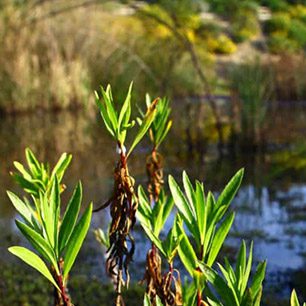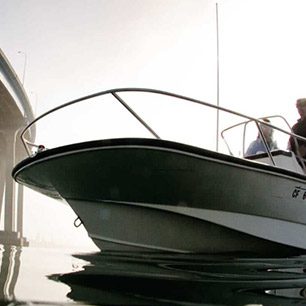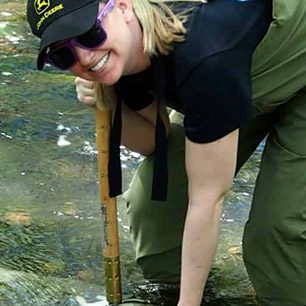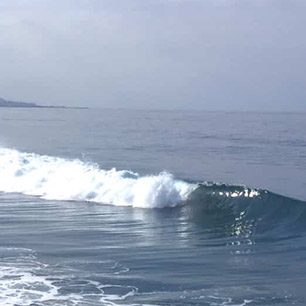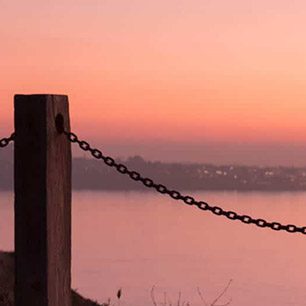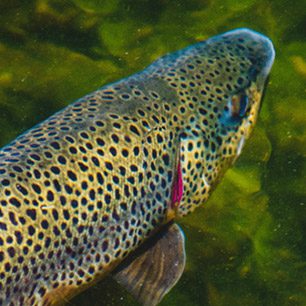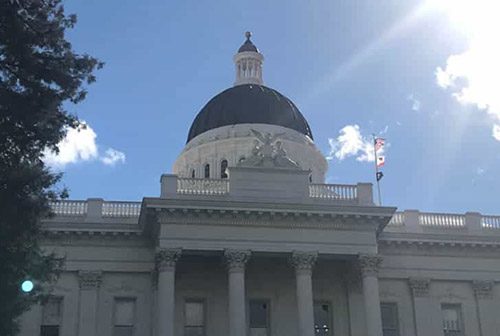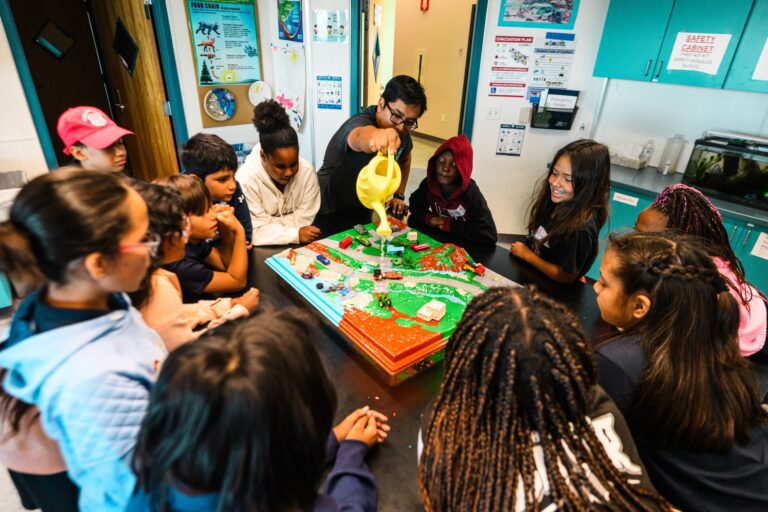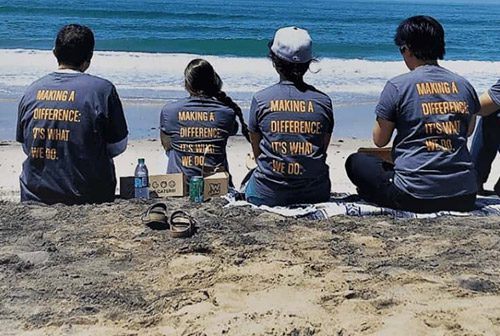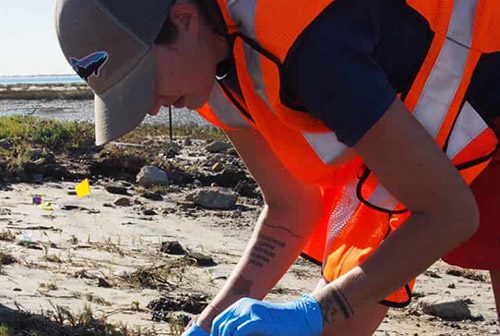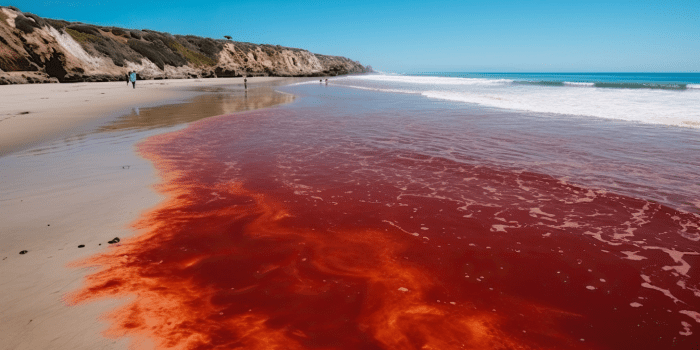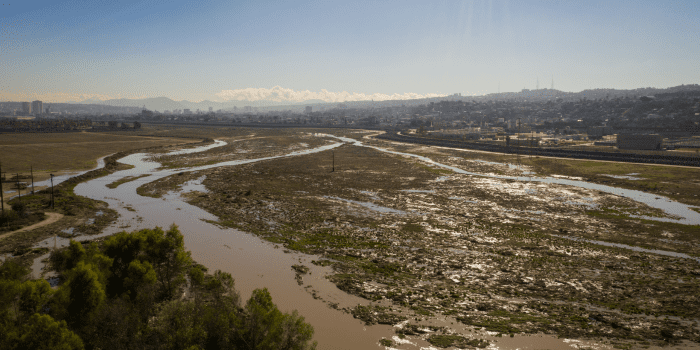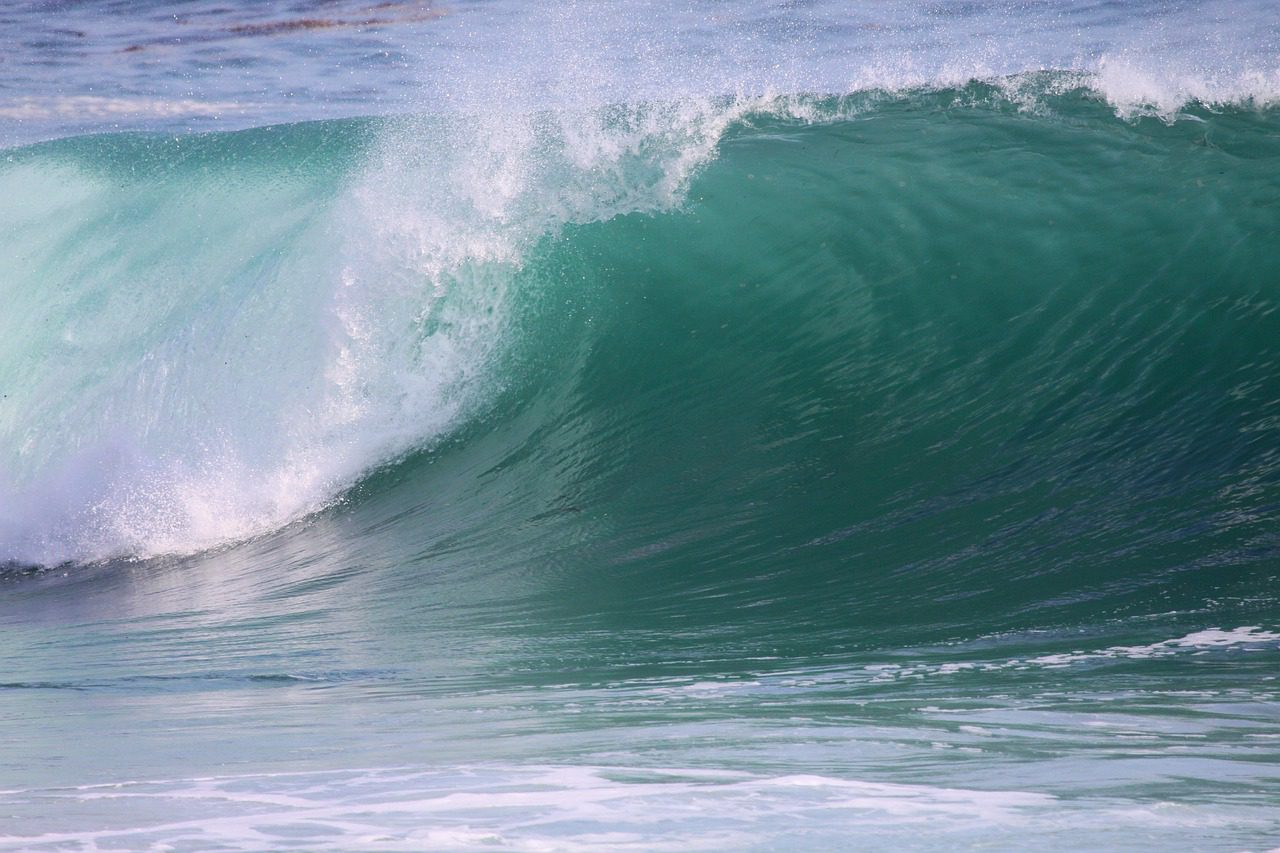When and where did water protection begin? It all started back in 1966 in New York. The Hudson River provided water to over 9 million people in New York and Hudson County. Its state was almost toxic. A group of local fishermen had noticed that and decided it was time for change in the ways the river was treated. It was treated like a dump, an easy trash can where one could put all the junk they didn’t want or need anymore. So a man by the name of Bob Boyle found the Hudson Fisherman’s Organization. Later, it would be known as Riverkeepers and would be one of almost 200 “watchdog” organizations. This organization helped establish globally recognized standards.
Back when the organization first started it was a group of locals, who were dedicated to saving their environment. Their work was kick started by the discovery of two laws passed in the 19th Century that prohibited one from polluting American waters, the Rivers and Harbors Act of 1899 and the Refuse Act of 1899. These acts also allowed people to claim a reward for catching and reporting polluters to the government. Through this discovery, they were able to shut down the Penn Central Pipe for $2000, which was a heavy polluter of the Hudson River. They also collected rewards by reporting and or shutting down Ciba Geigy, American Cynamid, Westchester County and several other polluters. These rewards eventually built up and made it possible to launch the first ever Riverkeeper Boat to patrol the Hudson for environmental law breakers. These boats were meant for spotting and reporting smaller polluters on boats as opposed to large companies using pipes to pollute. Since then, they have caught a large amount of polluters and have forced them to spend vast amounts to amend their mistake.
Nowadays it is still essentially the same. However, what the pollution watchdog organizations like Riverkeepers look for are quite different. When these organizations first started, they looked for larger scale polluters, such as large corporations that dumped all their waste into the rivers and bays. Now, they still are, however it is rarer to see a big company dump waste so they focus more on smaller scale polluters like fisherman who are painting their boats in the water. They also look for trash that someone carelessly threw into the bay, or people dismantling their boats in the water. They ignore no pollution when they patrol, just as before.
For more information visit these sites:
http://www.riverkeeper.org/about-us/our-story/a-brief-history/
http://www.blackwarriorriver.org/library/History_Waterkeeper_Alliance.pdf

